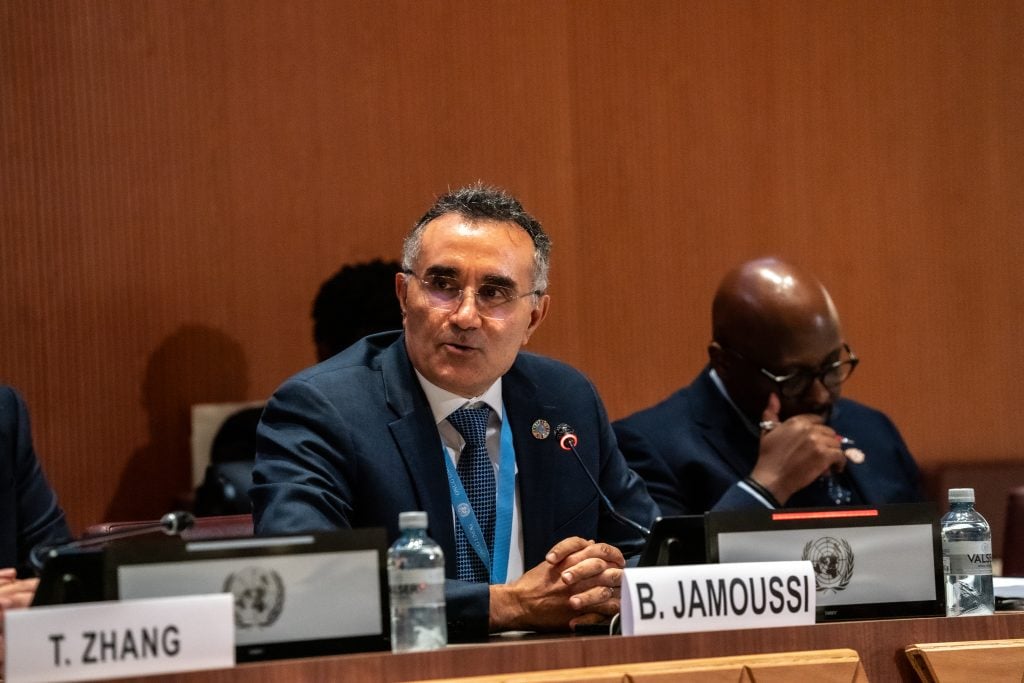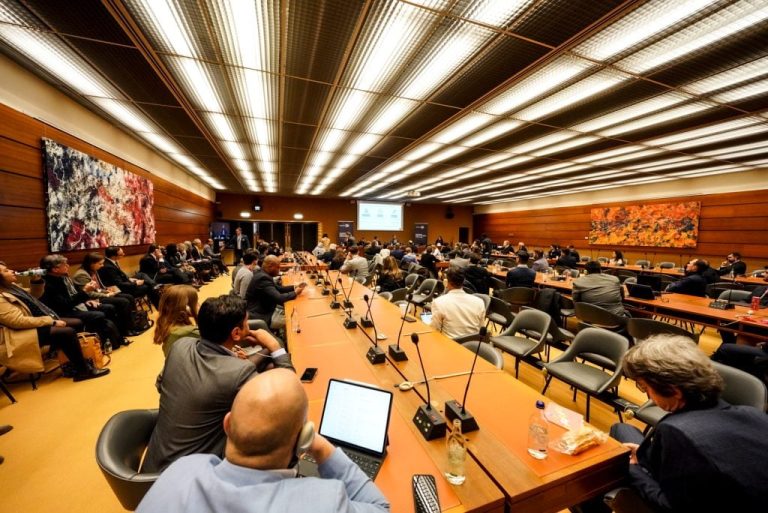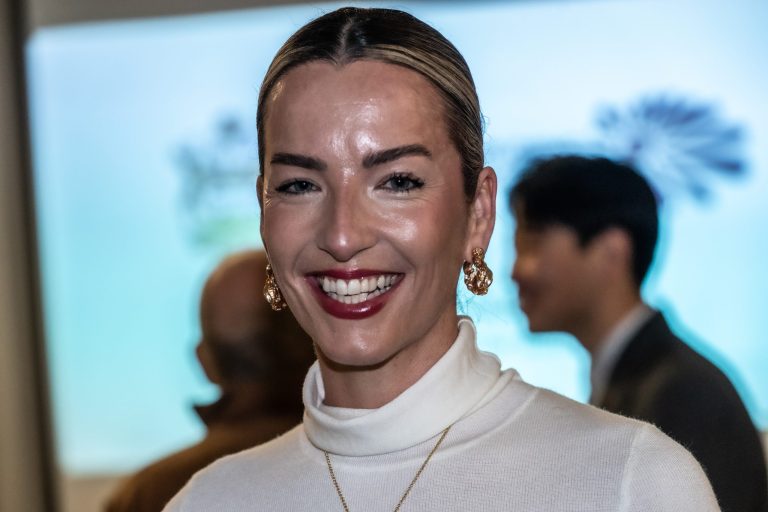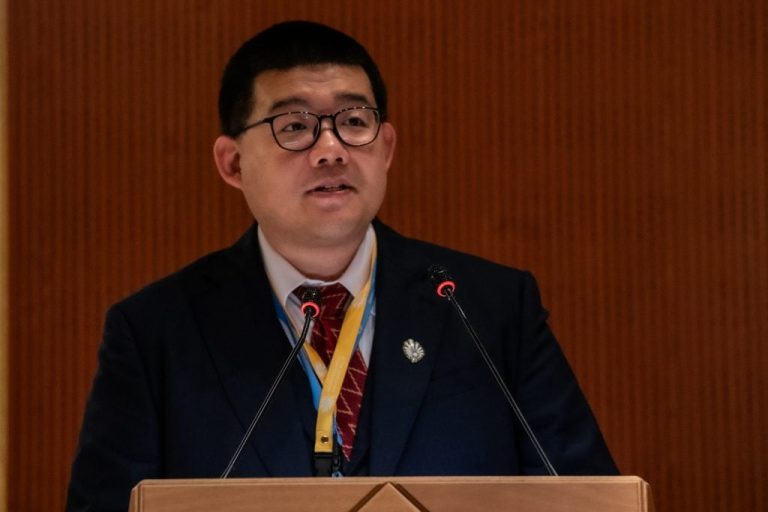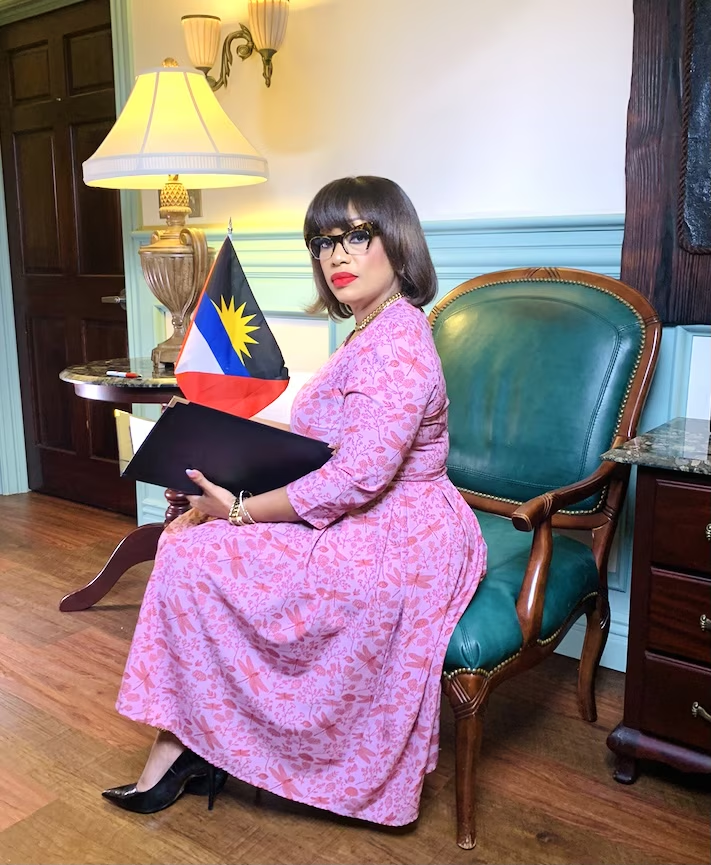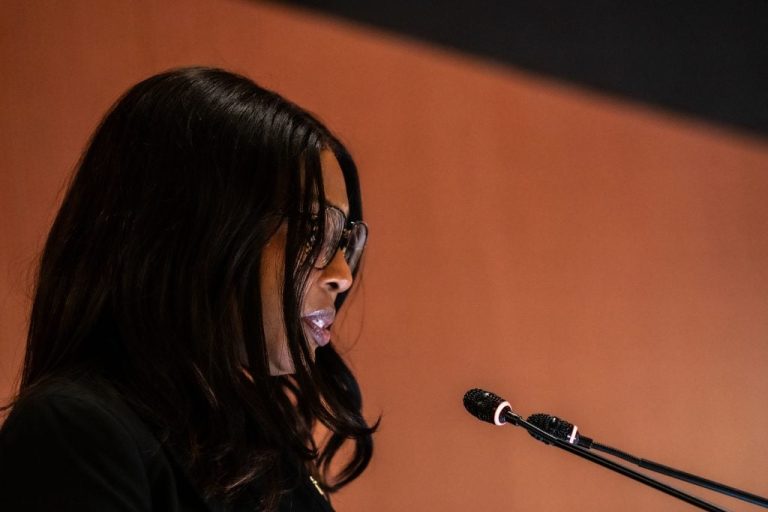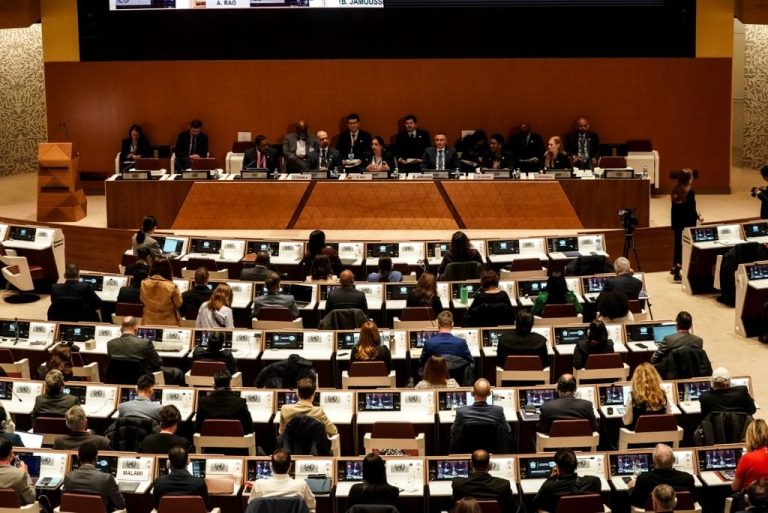“Establishing Global AI Standards: The Power of Collaborative Multi-Stakeholder Partnerships”
As a representative of the International Telecommunication Union (ITU), the UN’s specialized agency celebrating its 160th anniversary dedicated to digital technologies, I’m excited to share insights on the pivotal role of public-private partnerships in advancing AI within developing nations.
Since our inception in 1865, aimed at formulating international standards for telegraph systems, we’ve successfully adapted to technological advancements, now issuing nearly 200 standards related to various facets of artificial intelligence. These standards emerge from collaborative public-private efforts, as our ITU membership boasts 194 member states, almost 1,000 private sector entities, and 200 academic and research institutions.
In 2017, we unveiled the AI for Good platform and summit in Geneva, which flourished during the COVID pandemic into an online neural network platform uniting close to 30,000 individuals. Our most recent AI for Good global summit held last May at the CICG conference center was a tremendous success, attracting a full capacity of 3,200 attendees, with an additional 200 individuals left waiting outside. This underscores the pressing significance of AI and the necessity for multi-stakeholder discussions.
- AI governance
- Deepfakes and multimedia authenticity
- Inclusive AI development
- Ensuring AI algorithms represent the Global South
Just last week in Davos, we launched the AI Skills Coalition, collaborating with nearly 30 public and private partners to democratize AI education, ensuring individuals in developing nations receive access to vital training and certification resources.
Our initiatives are anchored in three primary pillars:
- International Standards
- Capacity Building
- Policy and Governance
Currently, merely 85 countries have established some form of national AI strategy. We are actively engaging with both member states and the private sector to foster the development of comprehensive AI strategies, leverage the ITU AI skills platform, and partake in crafting international standards that encompass data, APIs, and open-source large language models.
Thank you for this opportunity, and I eagerly anticipate continued collaboration as we push forward these vital initiatives.
